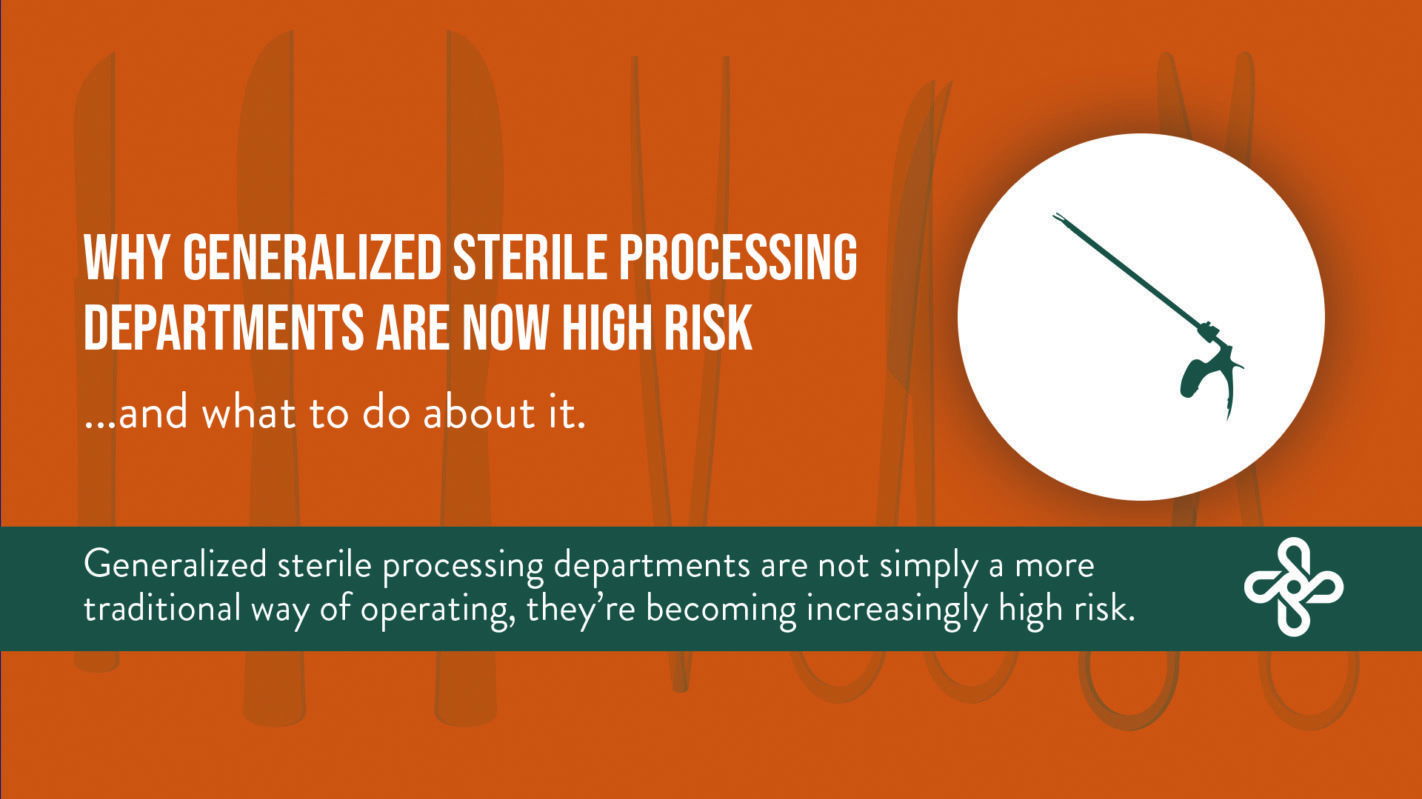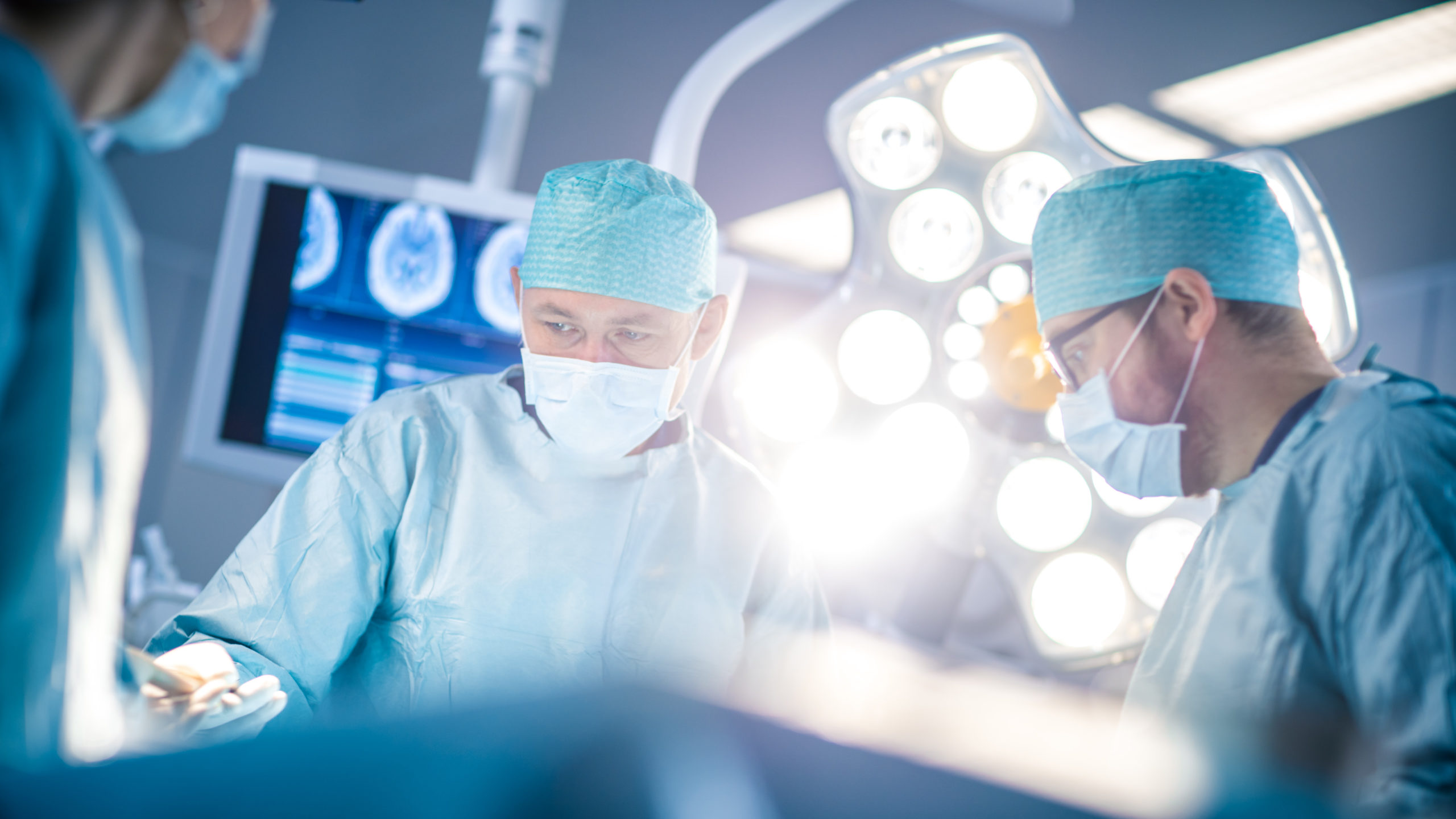
Innovations in healthcare have outpaced the generalized sterile processing department capabilities. Rapid advancement in surgical procedures has necessitated the creation of advanced surgical instruments, many of them complex in design. The increase in the number and complexity of tools as well as surgical procedures has likewise increased the following:
- An inability to clean complex tools thoroughly without specialized training, resulting in tools going back into the operating room, some retaining pathogens and many others not functioning as intended.
- Greater demands on the sterile processing department for instrument processing, resulting in shortcuts, backlogs, and a reliance on flash sterilization.
- Inadequate training for staff, combined with high turnover, resulting in a lack of continuity in maintaining standards of excellence.
DOWNLOAD FREE GUIDE
Hire Specialized Techs for SPD
While assigning a specialist to each area would be ideal, for most SPDs, this division is impractical. However, specialization by instrument type is achievable and provides great results. Segmenting instruments into general (non-complex) and complex can be a very effective approach. Complex instruments, including endoscopes, video cameras, minimally invasive instruments, power tools, and robotic instruments are more challenging to reprocess and typically cost hundreds of times more than a general instrument. Dedicating highly trained specialists to complex instruments allows for these specialists to also support the OR in room set up, take down, and instrument troubleshooting, greatly improving communications, OR efficiency, and ultimately patient safety.
Because specialists provide better care and handling, repair costs are reduced. Assigning other SPD technicians to general instrument reprocessing reduces the range of tasks that a generalized SPD technician must perform each day. In this way, techs can gain more expertise in their areas and perform their jobs more comprehensively, decreasing the chance that instruments will retain pathogens or be broken.
Healthcare systems are already under strain to maintain staffing levels and clinical excellence. The SPD department is no exception. Some healthcare systems are choosing to outsource their SPDs entirely; others are relying on staffing firms to place specialists in their SPDs to meet demand.
The health systems that work to maintain their own SPDs without outsourcing or utilizing the placement of specialists must pay close attention to the risks that come with understaffing, the pressure to clean at an increased pace, and the lack of training for SPD techs.
To learn how to introduce specialization into your SPD to improve performance, download our free guide.
Consult SpecialtyCare on SPD Specialization
At SpecialtyCare, our mission is to make surgery safer — and that includes helping hospitals keep trained staff in the SPD. We provide comprehensive support for SPD through training, education, interim management and specialist services. Hospitals who work with us no longer have to battle the detrimental effects of a poorly performing SPD. Contact our team today to find out more about how we can help alleviate the sterile processing burden at your hospital. We would love to tell you more about our training programs and staff placement strategies.



Comments are closed.